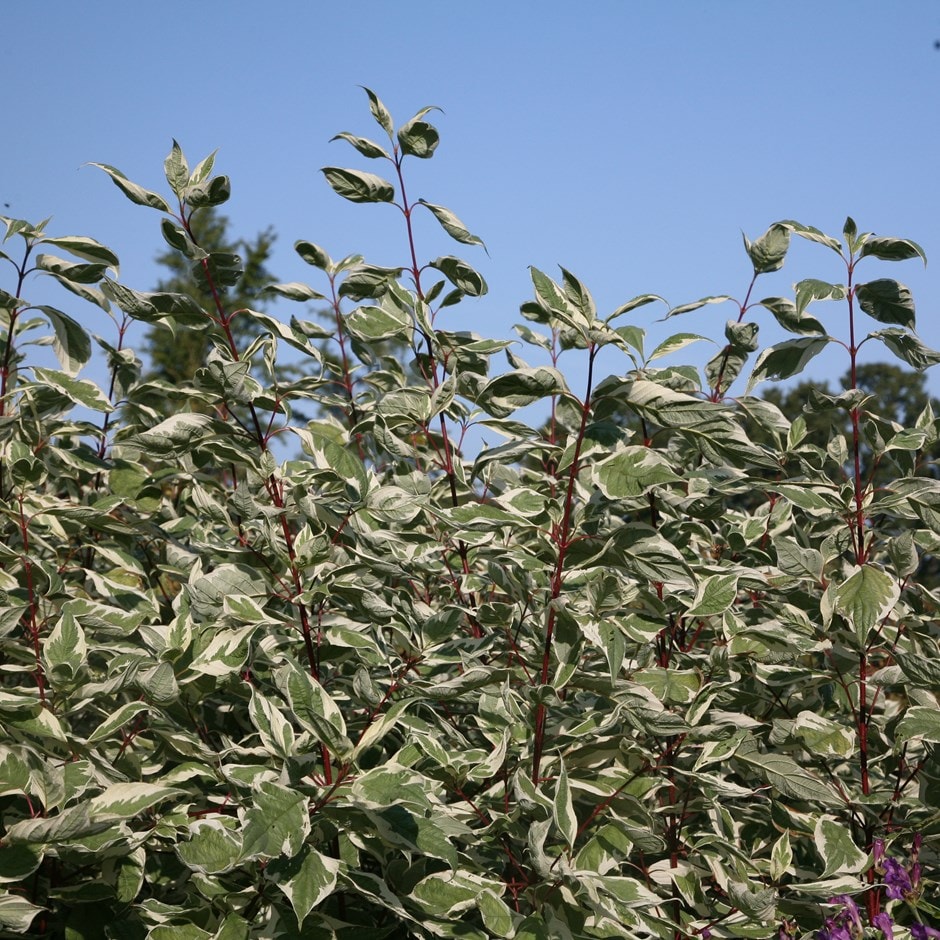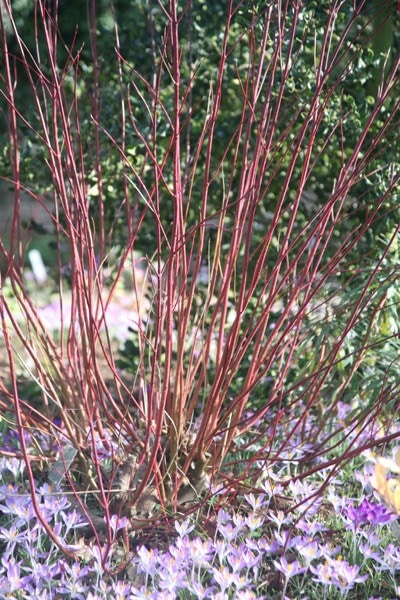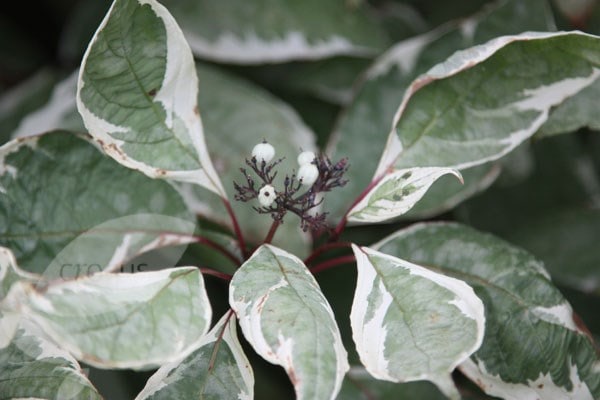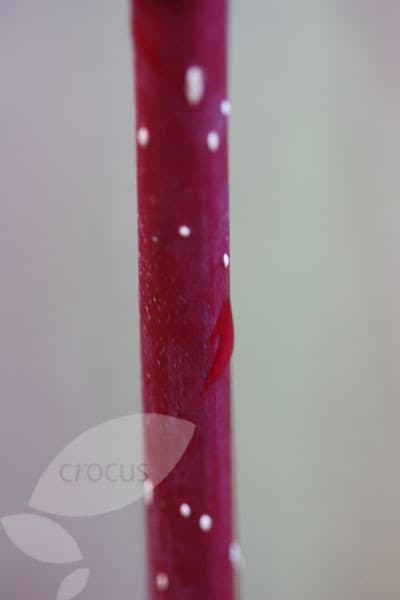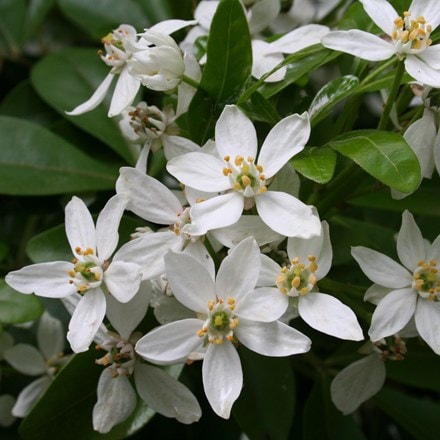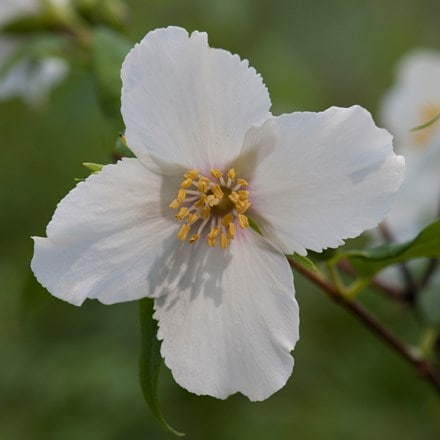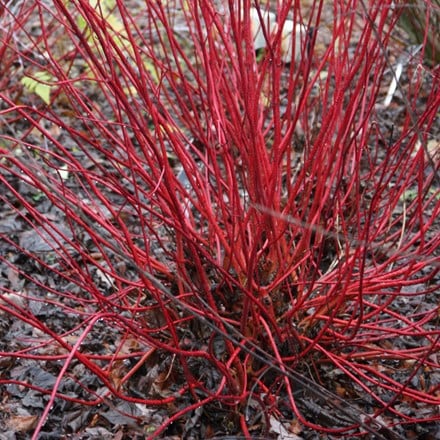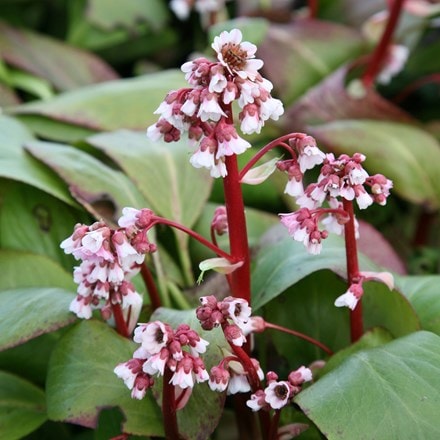Cornus alba 'Elegantissima'
red-barked dogwood
This deciduous shrub has pretty, grey-green leaves with white margins and produces small, creamy-white flowers in May and June, however Cornus...
GOES WELL WITH
How to get more flowers

Many flowering plants can be encouraged to produce better and longer-lasting displays with the minimum of effort. A plant produces flowers in order to reproduce and ensure the survival of the species. Once a plant has flowered and fertilisation has taken
Read full articleWater garden
Who can resist the allure of water in the garden? The gentle gurgle of a running stream creates a sense of calm and tranquillity, while a simple pond makes a focal point with magnetic appeal. You can create lush and natural-looking planting to show off th
Read full articleDouble interest flowers
Why is it that the majority of gardens look their best during spring only to turn dull and lifeless for the rest of the year? It’s partly because spring is when most gardeners buy new plants and partly because too few people consider what the plants will
Read full articleFebruary pruning of trees, shrubs and climbers
The garden is at its most dormant right now, so it’s a good time to catch up on any pruning missed or forgotten since the autumn. If the weather isn’t favourable, you can leave it for a week or two, but make sure all winter pruning is completed before the
Read full articleColoured stems
Brightly coloured stems can add a hint of winter warmth and the lipstick branches of Cornus alba 'Sibirica' stand out splendidly against the low winter sunshine. This dogwood can also thrive in waterlogged ground so it's particularly useful by a natura
Read full article


